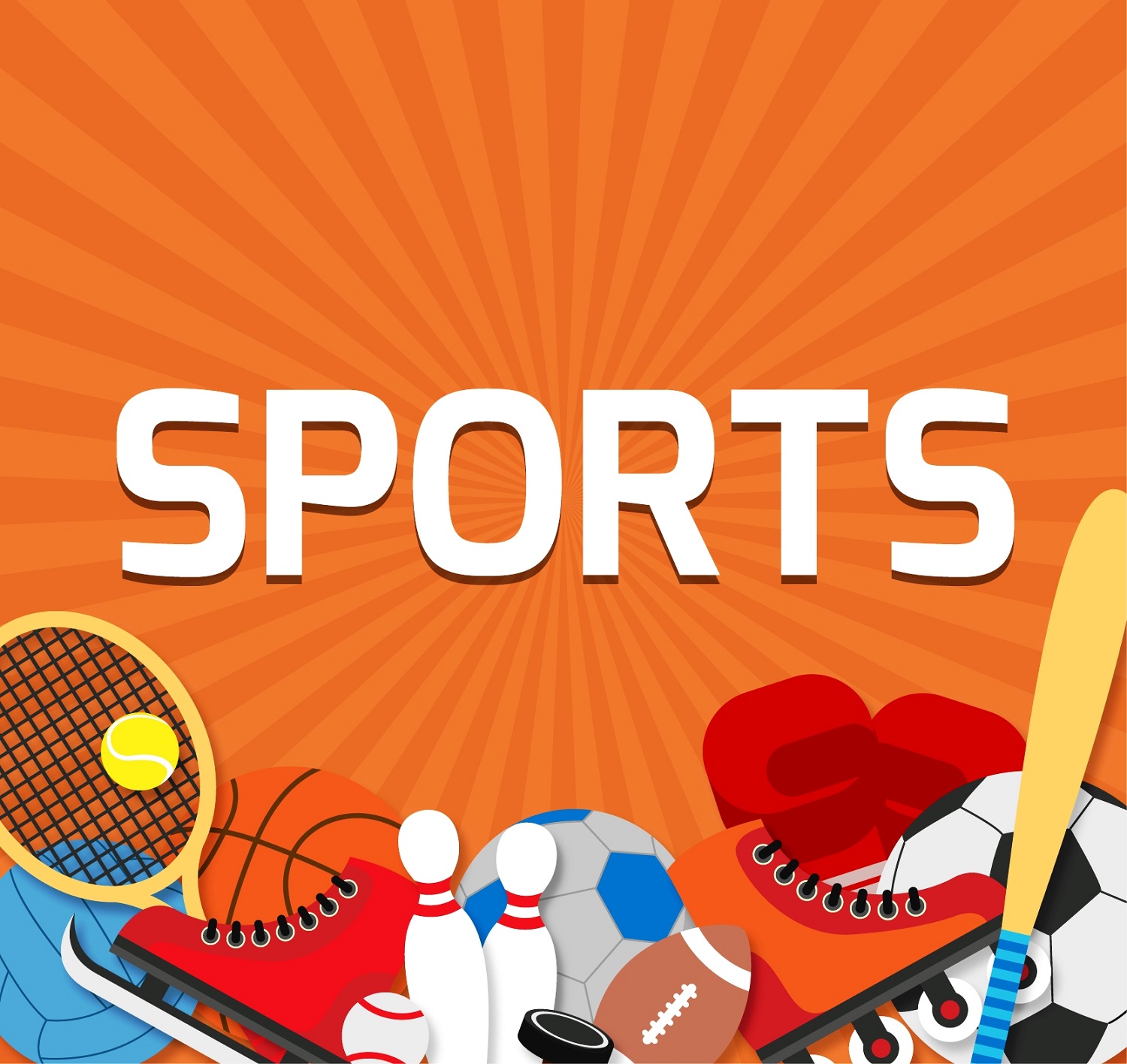The importance of disseminating scientific research in Olympic sports
A propagation proposal
Downloads

|
OPEN ACCESS: Artigo disponível/Article available/Artículo disponible - ASSINANTE/SUBSCRIBER: Artigo para Assinante do periódico/Article for Journal Subscriber/Artículo para suscriptores de este periódico - PAY-PER-VIEW: Compre o artigo e leia/Buy the article and read/Compra el artículo y lee - IMAGE: Imagem meramente ilustrativa. Fonte: Freepik |
Keywords:
periodicals, olympic sports, publicity, accessibility, scientific researchAbstract
This editorial article advances the field of science by proposing a methodology for the technical composition of publications focused on the work of the publisher converging on the dissemination of scientific research specifically in the area of Olympic sports, notably high performance. The text tries to define sports science and its relevance to society, demonstrates how research in this area has grown in parallel with the increase in the number of publications and publishers, mainly in the areas of medicine and health, and addresses limitations in the scope of magazines and the international regulatory constraints that restrict the publisher, and that will end up making dissemination work difficult for the global community. A methodology is introduced, that is not restricted to the idea of disseminating it to non-academics, but is mainly interested in the academic environment itself, which should benefit from widely understandable and quality access to scientific research from the most different regions and with the most varied supports. The proposal is divided into five methods of dissemination or helping the dissemination process: 1) popularization beyond academia; 2) multilingual publication and appreciation of the native language; 3) promotion of accessibility; 4) investment in responsive design and 5) recovery and translation of physical or difficult-to-access material. The conclusion calls for removing specialized sports journals and scientists from invisibility to reach a new level of equality in the global sphere.
ARK
— Issue identifier of 2023 OLYMPIKA MAGAZINE - VOLUME 1 ONLINE - Nº. 001: https://n2t.net/ark:/40019/oly.v1i1
— Issue identifier this article: https://n2t.net/ark:/40019/oly.v1i1.1.g2
References
(1) What is Sports Science? - Swansea University [Internet]. www.swansea.ac.uk. Available from: https://www.swansea.ac.uk/sports-science/what-is-sports-science/
(2) Rúbio K. Rendimento esportivo ou rendimento humano?: O que busca a da psicologia do esporte? Psicologia para América Latina. 2004 Feb 1;(1).
(3) Ferreira T. O que é esporte de alto rendimento? [Internet]. Sportllux | Liberte seus movimentos. 2021. Available from: https://www.sportllux.com.br/blog/o-que-e-esporte-de-alto-rendimento
(4) Owoeye OBA, Rauvola RS, Brownson RC. Dissemination and implementation research in sports and exercise medicine and sports physical therapy: translating evidence to practice and policy. BMJ Open Sport & Exercise Medicine. 2020 Nov;6(1):e000974.
(5) Wolbring L, Reimers AK, Niessner C, Demetriou Y, Schmidt SCE, Woll A, et al. How to disseminate national recommendations for physical activity: a qualitative analysis of critical change agents in Germany. Health Research Policy and Systems. 2021 May 6;19(1).
(6) Millet GP, Brocherie F, Burtscher J. Olympic Sports Science—Bibliometric Analysis of All Summer and Winter Olympic Sports Research. Frontiers in Sports and Active Living. 2021 Oct 20;3.
(7) Pyne DB. Growing the International Reach and Accessibility of IJSPP. International Journal of Sports Physiology and Performance. 2021 Aug 1;16(8):1063–4.
(8) Por que popularizar? - Portal Memória [Internet]. memoria.cnpq.br. [cited 2023 Oct 31]. Available from: http://memoria.cnpq.br/por-que-popularizar
(9) Piccoli MS de Q, Panizzon M. A popularização do conhecimento científico como forma de interação entre a academia e a sociedade. Revista Brasileira de Pós-Graduação. 2021 Mar 21;17(37).
(10) Massarani L. CNPq e a divulgação científica. de Morais NA, editor. REVISTAq [Internet]. 2020 [cited 2023 Oct 31]; Available from: https://www.gov.br/cnpq/pt-br/revistaq-edicao-70-anos.pdf
(11) Grant AM. Originals. London: Penguin Books; 2019.
(12) Pardo LFM, Perez-Acosta AM. When divulgation helps scientific research: Reflection about a sui generis case. Revista Latinoamericana de Psicología [Internet]. 2011 [cited 2023 Oct 31];43(2). Available from: http://www.scielo.org.co/scielo.php?script=sci_arttext&pid=S0120-05342011000200015&lng=en&nrm=iso&tlng=es
(13) Shoja MM. A Guide to the Scientific Career : Virtues, Communication, Research, and Academic Writing. Hoboken, Nj Wiley Blackwell; 2020.
(14) Colaboradores. Os pesquisadores brasileiros devem publicar em inglês ou português? [Internet]. Pós-Graduando - Tudo sobre a Pós-Graduação. 2010 [cited 2023 Oct 31]. Available from: https://posgraduando.com/os-pesquisadores-brasileiros-devem-publicar-em-ingles-ou-portugues/
(15) Estudo aponta que artigos publicados em inglês atraem mais citações | SciELO em Perspectiva. SciELO em Perspectiva [Internet]. 2016 Nov 4; Available from: https://blog.scielo.org/blog/2016/11/04/estudo-aponta-que-artigos-publicados-em-ingles-atraem-mais-citacoes/
(16) Bonilla JMH. Em 95% dos artigos científicos, inglês cria “ditadura da língua”. Apenas 1% está em português e espanhol [Internet]. El País Brasil. 2021. Available from: https://brasil.elpais.com/ciencia/2021-07-28/em-95-dos-artigos-cientificos-ingles-cria-ditadura-da-lingua-apenas-1-esta-em-portugues-e-espanhol.html
(17) admin. Descubra quantas pessoas falam inglês na Rússia – Blog ALAR Brasil, Faculdades Russas, Universidades na Russia [Internet]. 2019 [cited 2023 Oct 31]. Available from: https://blog.universidades-rusia.com/br/2019/09/06/descubra-quantas-pessoas-falam-ingles-na-russia/
(18) Wikipedia Contributors. EF English Proficiency Index [Internet]. Wikipedia. Wikimedia Foundation; 2019. Available from: https://en.wikipedia.org/wiki/EF_English_Proficiency_Index
(19) Wikipedia Contributors. List of countries by English-speaking population [Internet]. Wikipedia. Wikimedia Foundation; 2019. Available from: https://en.wikipedia.org/wiki/List_of_countries_by_English-speaking_population
(20) No Japão, você aprende programação de computadores em inglês ou em japonês? [Internet]. Quora. [cited 2023 Oct 31]. Available from: https://pt.quora.com/No-Jap%C3%A3o-voc%C3%AA-aprende-programa%C3%A7%C3%A3o-de-computadores-em-ingl%C3%AAs-ou-em-japon%C3%AAs
(21) NADAR! Swimming Magazine | NADAR! SWIMMING MAGAZINE - Periódico científico em esportes e fitness aquático - natação, pólo aquático, nado sincronizado, saltos ornamentais, travessias aquáticas [Internet]. revistanadar.com.br. [cited 2023 Oct 31]. Available from: https://revistanadar.com.br/index.php/Swimming-Magazine/about
(22) CDC. Centers for Disease Control and Prevention [Internet]. Centers for Disease Control and Prevention. 2019. Available from: https://www.cdc.gov/index.htm
(23) Gomes S, Maria Júlia Giannasi-Kaimen. A transição do periódico científico tradicional para o eletrônico na avaliação de pesquisadores. Revista Cesumar – Ciências Humanas e Sociais Aplicadas. 2007 Nov 20;12(2):251–73.
(24) Batista LR. A leitura digital por estudantes do curso de Biblioteconomia da Universidade de Brasília [Internet]. Gasque KCG, editor. [Universidade de Brasília]; 2018 [cited 2023 Oct 31]. Available from: https://bdm.unb.br/bitstream/10483/20897/1/2018_LiviaRod
(25) dos Santos AMM. A Imagem Digital para a Preservação e Divulgação do Património Europeu [Internet] [Thesis]. de Carvalho PAO, editor. [Universidade Nova]; 2021 [cited 2023 Oct 31]. Available from: https://run.unl.pt/bitstream/10362/121645/1/ana_santos_48
(26) Antenor S. Centro de Pesquisa em Ciência, Tecnologia e Sociedade [Internet]. www.ipea.gov.br. Available from: https://www.ipea.gov.br/cts/pt/central-de-conteudo/artigos/artigos/177-mulheres-na-ciencia-no-brasil-ainda-invisiveis
(27) Melo HP de, Rodrigues L. Pioneiras da ciência no Brasil: uma história contada doze anos depois. Ciência e Cultura. 2018 Jul;70(3):41–7.
(28) Job I, Alex Branco Fraga, Vicente Molina Neto. Invisibilidade das revistas científicas brasileiras de educação física nas bases de dados. Cadernos BAD. 2008 Dec 31;(1).
Published
How to Cite
Issue
Section
ARK
License
Copyright (c) 2023 Paulo Franco Rosa, Lúcio Franco Rosa

This work is licensed under a Creative Commons Attribution-NonCommercial-NoDerivatives 4.0 International License.






